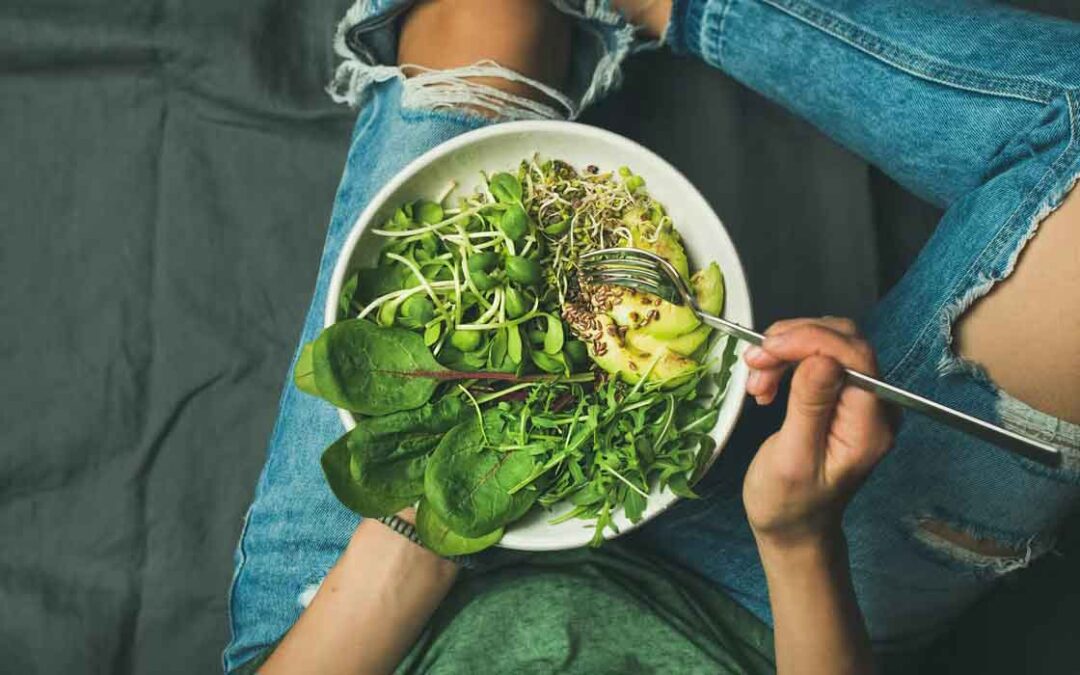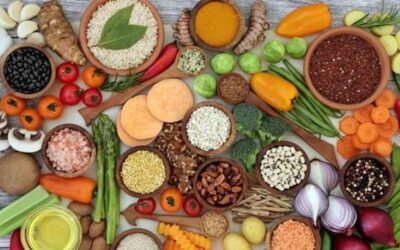Vitamin C for Good Health

Everyone is aware of the daily requirement of vitamin C. However, only a few know that our human body cannot store vitamin C, so it becomes essential to get this source of nutrition from the daily diet. Also known by the name of ascorbic acid, this essential nutrient supports your immune system. It also allows your body to use the iron you get from your daily food.
Many essential roles are played by vitamin C as it alone can prevent infection and fight diseases. Fruits and vegetables are the best food sources of vitamin C. Eating various healthful foods will help people meet their daily requirements.
Why is Vitamin C Essential?
It is a powerful antioxidant that safeguards cells of our body from damage caused by free radicals. Moreover, this vitamin has an essential role to play in the body tissues. Also, vitamin C helps collagen production, vital for building and maintaining joints, skin, Vitamin, and healthy bones.
Deficiency of Vitamin C can result in scurvy which can further cause:
- Body fatigue
- Joint pain
- Depression
- Bleeding gums
- Tooth loss
- Problem with wound healing
Any of the problems mentioned above can disrupt your daily routine leading to severe problems in the future. However, by introducing natural sources of Vitamin C in your daily diet, you can live and relish a healthy life.
Top 10 Natural Food Sources of Vitamin C
- The Kakadu Plum
The Australian native superfood is a powerful source of vitamin C that is 100 times more beneficial than oranges. More specifically, it contains up to 5,300 mg per hundred grams, the highest known concentration of vitamin C. Consume a single plum pack, and you can get 480 mg of vitamin C.
This excellent superfood is also rich in vitamin E, potassium, lutein (an antioxidant) that also provides eye health benefits.
- Red Pepper

Another superfood that has an ample amount of vitamin C is red pepper. It provides up to 95 mg per 64 g. Red pepper is also a good source of potassium, manganese, folate, vitamins A, B, E, K, and phosphorus. You can consume it in different ways, including salad, soup, or dice it into an omelet.
- Kiwi Fruit
This frizzy fruit is also an excellent natural source of vitamin C that has up to 70 mg of vitamin C per kiwi. It also has more concentration of vitamin C than oranges. It is packed with fiber, carotenoids, and flavonoids, which help in protecting your cells. It will help if you consume it along with its skin to get better nutrients and fiber. For this, rub it off first and eat them without peeling the skin. Make sure you wash it properly before eating.
- Broccoli
Consuming at least half a cup of this cruciferous veggie can provide up to 70% daily value. If you are taking 45g of cooked broccoli, you get around 50 mg of vitamin C. It is also loaded with plenty of fiber and other antioxidants that reduce body inflammation. You can steam it for 5 minutes as it helps keep more of the vitamin C inside compared to other cooking methods like boiling or frying.





